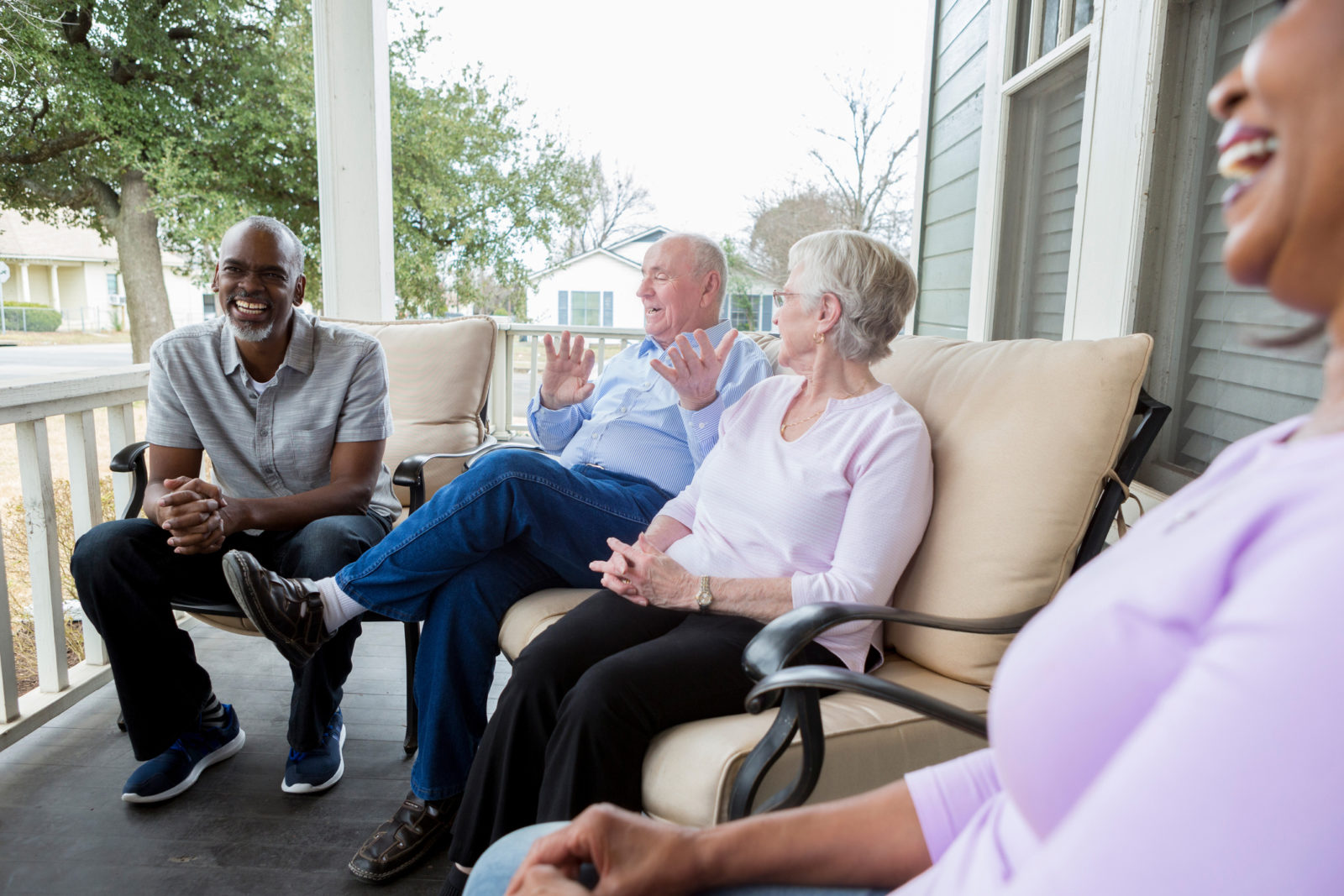Seven Ways You Can Improve Your Health Right Now

Maintaining good health doesn’t have to be all hard work. Yes, exercise is important, which we discussed in our last blog post. So is eating healthfully (which we have also discussed). But there are things you could be doing right this minute that not only require little effort, they’re actually fun! Here’s just a few:
Go outside
Get up off the couch, your office chair, or whatever is keeping you indoors and get out in nature. Not only will the walk (or the gardening) do you good, according to the Harvard Health Letter, you’ll also enjoy these benefits:
- You’ll get more vitamin D. Sunlight is a natural source of vitamin D, which can help with numerous ailments including depression, cancer, osteoporosis and heart disease. Don’t overdo it, but a little sunlight can work wonders.
- Your mood will improve. Light tends to elevate most people’s mood and being outdoors may even increase your self-esteem. According to a study published in Environmental Science and Technology, both men and women had increased self-esteem after “green” exercise.
- You may heal more quickly. One study showed that people recovering from spinal surgery took less pain medication when exposed to natural light.
Socialize more
A study from the Rush University Memory and Aging Project concluded that a higher level of social engagement in old age is associated with better cognitive function. A study from the Harvard School of Public Health found that people who engaged in a lot of social activity in their 50s and 60s had slower rates of memory decline compared to those who were more socially inactive. And according to a study conducted at Brigham Young University, social isolation has been shown to be as much of a health risk as obesity.
Laugh
Norman Cousins, an American journalist, professor and world peace advocate, published his ability to heal himself with laughter in the New England Journal of Medicine in the 1970s. Dr. Lee S. Berk and Dr. Stanley Tan started researching the health benefits of laughter starting in the 1980s. Their research has shown that laughter helps enhance numerous body systems, including decreasing the levels of cortisol and epinephrine, which are hormones that are released when the body is under stress. One of the major benefits of laughter is that it reduces stress – almost immediately. Have you ever been in an awkward situation that was broken because someone cracked a joke? Laughter releases a plethora of beneficial hormones (endorphins, serotonin, growth hormones) while reducing the level of stress hormones.
Take a nap
Getting enough sleep overall is important to overall health. Studies have shown it helps us do everything from lower stress to maintain a healthy weight to improve our memory. But sometimes we simply can’t fit in those necessary eight hours in a single session. The answer? Take a nap! It provides all the benefits of “regular” sleep and can provide the perfect pick-me-up. A study by NASA and the Federal Aviation Administration showed that cockpit naps of up to 40 minutes for pilots who are on flights longer than seven hours were effective in helping them stay alert. A study by Sara Mednick, an assistant professor in the Department of Psychology at the University of California, Riverside showed that people who took a nap were more effective in performing motor, perceptual and verbal tasks than those who took a caffeine pill or a placebo. The best time to take a nap? According to Dr. Mednick, the perfect nap should be taken between 1:00 and 3:00pm and last for 90 minutes.
Drink more water
Researchers estimate that as many as 75 percent of Americans are chronically dehydrated. This can cause all sorts of problems, because every cell in your body – which is about 60 percent water – needs water to function. Water also balances body temperature, lubricates joints, helps eliminate bodily waste, and regulates your metabolism. Studies have shown that proper water consumption can help ease pain, prevent cancer and increase athletic performance. If you don’t like water, eat lots of water-dense foods, like fruits and vegetables, or add a little fruit juice to your H20. You’ll know you’re well hydrated when your urine is pale. If you’re on a fluid restricted diet, talk to you doctor about how best to manage your specific situation.
Meditate
We recently discussed the benefits of meditation. It helps reduce stress, which helps the entire body function better. But for many, it may seem like there’s just not enough time to just sit and do nothing. For all you Type A’s out there, there’s good news from researchers at Carnegie Mellon University: a study showed that just 25 minutes of mindful meditation a day for three consecutive days, alleviates psychological stress. One of the easiest ways to meditate is to find a quiet place to be alone, sit and concentrate on your breath.
Learn a new skill
Challenging your mind is one of the best ways to help strengthen your brain, which may help protect it against Alzheimer’s and other forms of dementia. While any mental exercise – crossword puzzles and other “brain games” – is good for the brain, a recent study done at the University of Texas at Dallas showed that learning a new skill has the most impact on brain health – and the more challenging the new skill, the greater the result. So, enroll in a computer class, take up quilting, or learn a new language. You’ll not only be gaining valuable life experience – and hopefully having some fun with your new skill – you’ll be helping your brain now and in the future.
![LifeCare Advocates [logo]](https://www.lcadvocates.com/wp-content/uploads/sites/270/2017/11/logo.png)